Very meta.
So, this is about making a movie (perhaps related to the previous Kiarostami films like Where Is The Friend’s House).
Hm… Oh, I see that I’m watching these films out of order — this is the third film in the trilogy — I haven’t seen And Life Goes On yet. Oops.
Hey! That’s the guy who played the protagonist in Where Is etc!
Hit that mark!
But in this film it’s hard to say whether it’s obvious the actor is hitting a mark because they’re supposed to, or whether they’re not supposed to. It’s fun!
I’m enjoying this movie, but I’m having some problems actually following the plot here. It seemed that we were going all in on a kinda meta thing, and then we’re apparently following that actor (who’s really a mason) instead on his quest to marry a neighbourhood girl? So then we get scenes like:
Which are indeed two good reasons.
Heh heh, this granny doesn’t take any prisoners.
I’m not sure where Kiarostami is going with the movie-in-the-movie scenes — we’re getting to see the same scene over and over and over again, with small variation — somebody’s always flubbing their lines. The rest of the movie seems fairly straightforward, but these scenes seem like… uhm… Kiarostami’s making fun of himself, in a way? That he’s spending his days like this?
Extreme long shots.
I’m not even sure whether I like this movie, in a way? That is, I was pretty annoyed in parts — the repetetive takes are almost kinda magical, but not, and the cute romantic plot is so close to being really creepy and stalkerish.
And listening to the commentaries makes things even worse — Kiarostami’s son is extolling his father’s genius, but makes him sound like a really manipulative weirdo. Sorry!
The film was selected as the Iranian entry for the Best Foreign Language Film at the 67th Academy Awards, but was not accepted as a nominee. Many have since declared the film a masterpiece.[according to whom?]
Yes, I can see that it might be a masterpiece. But I’m going with:
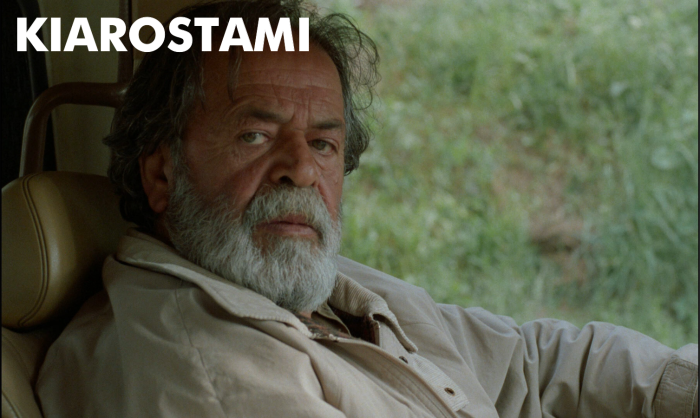
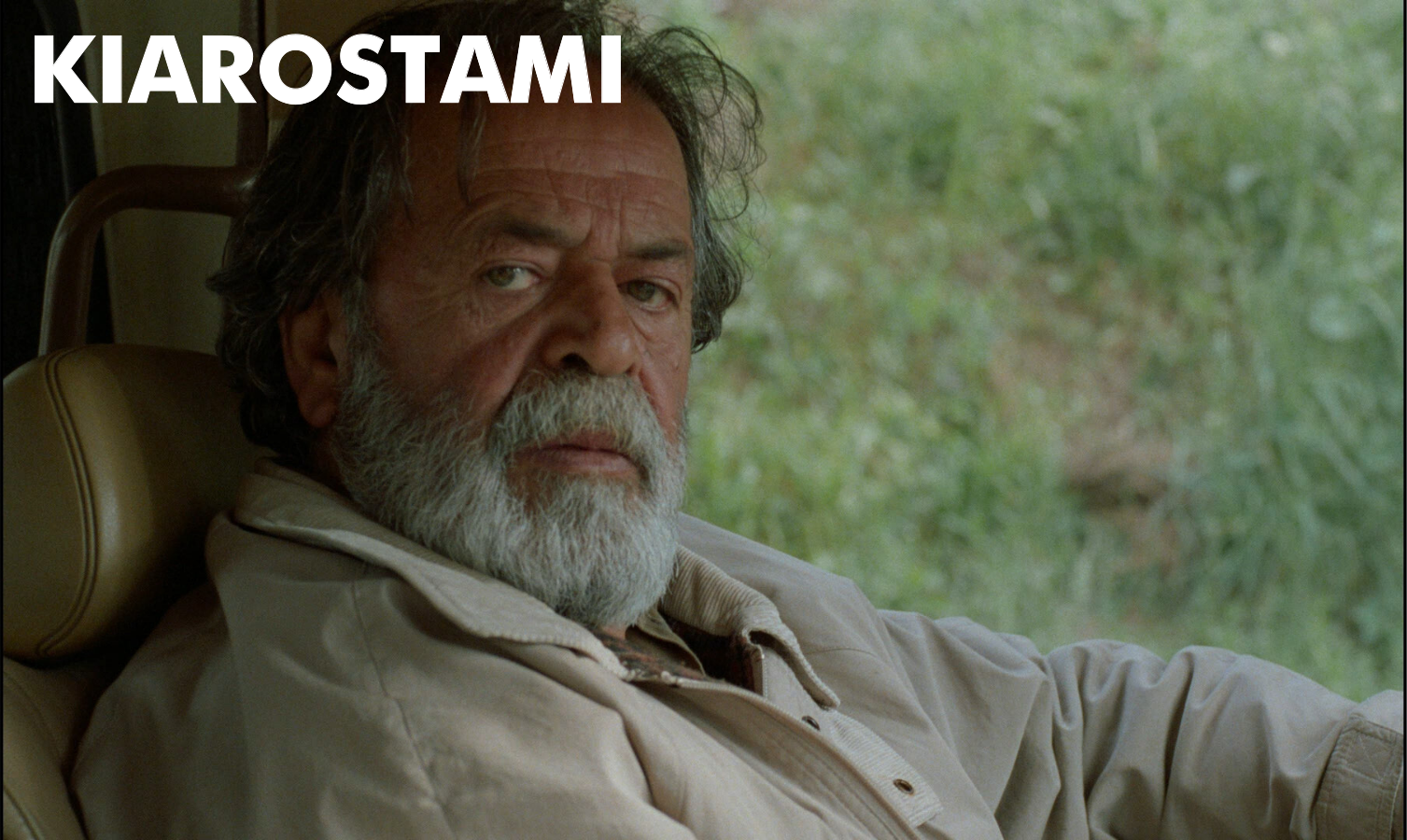
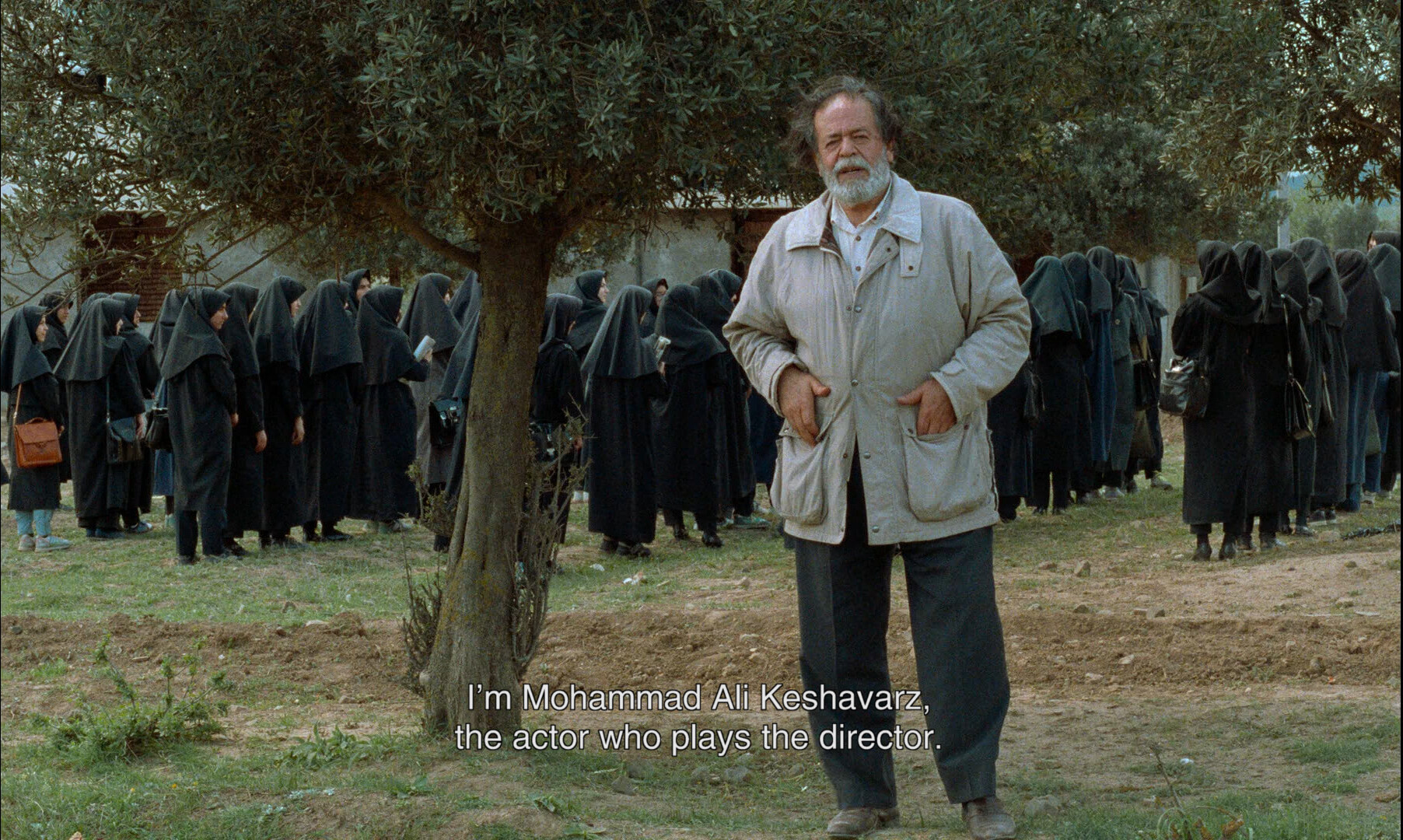
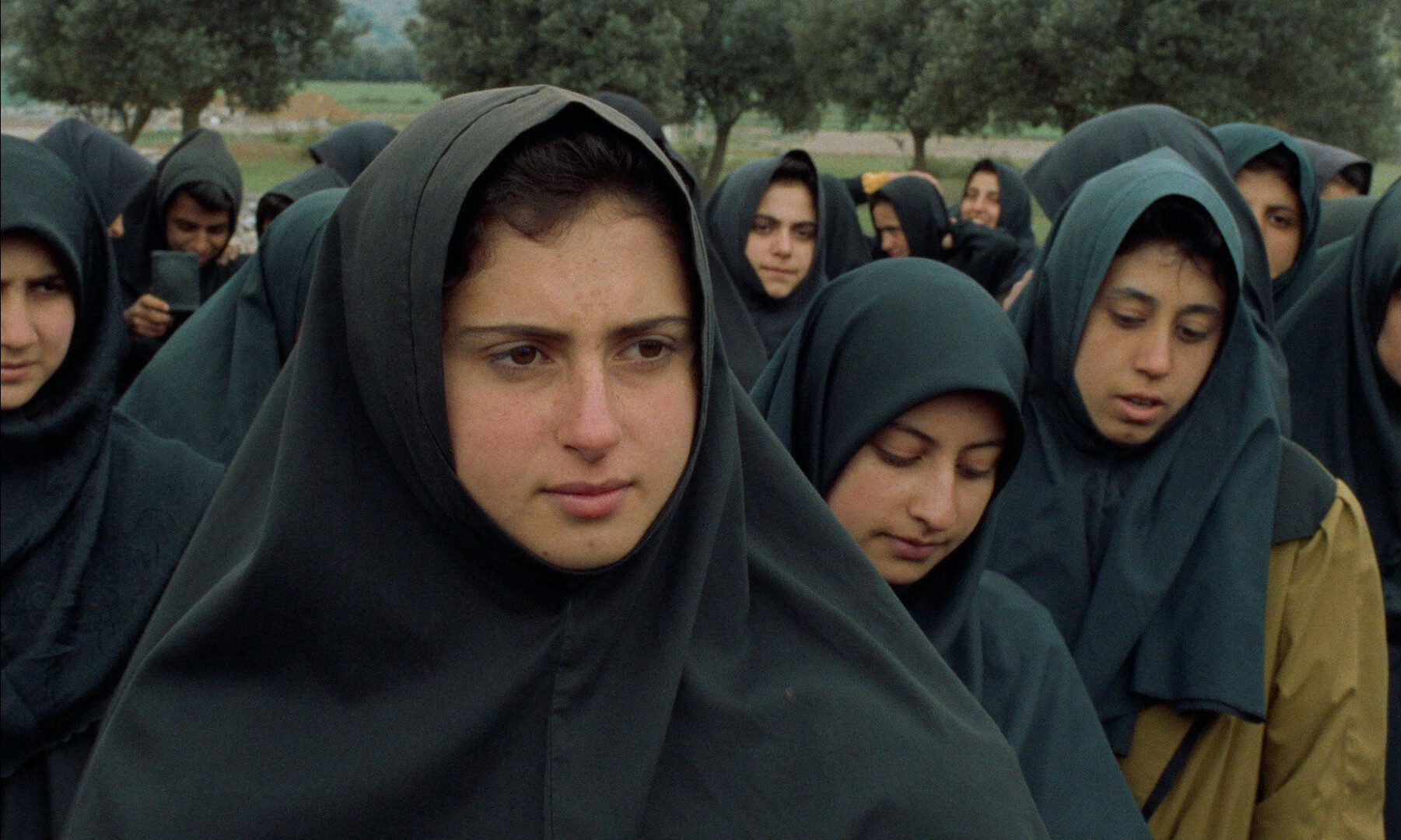
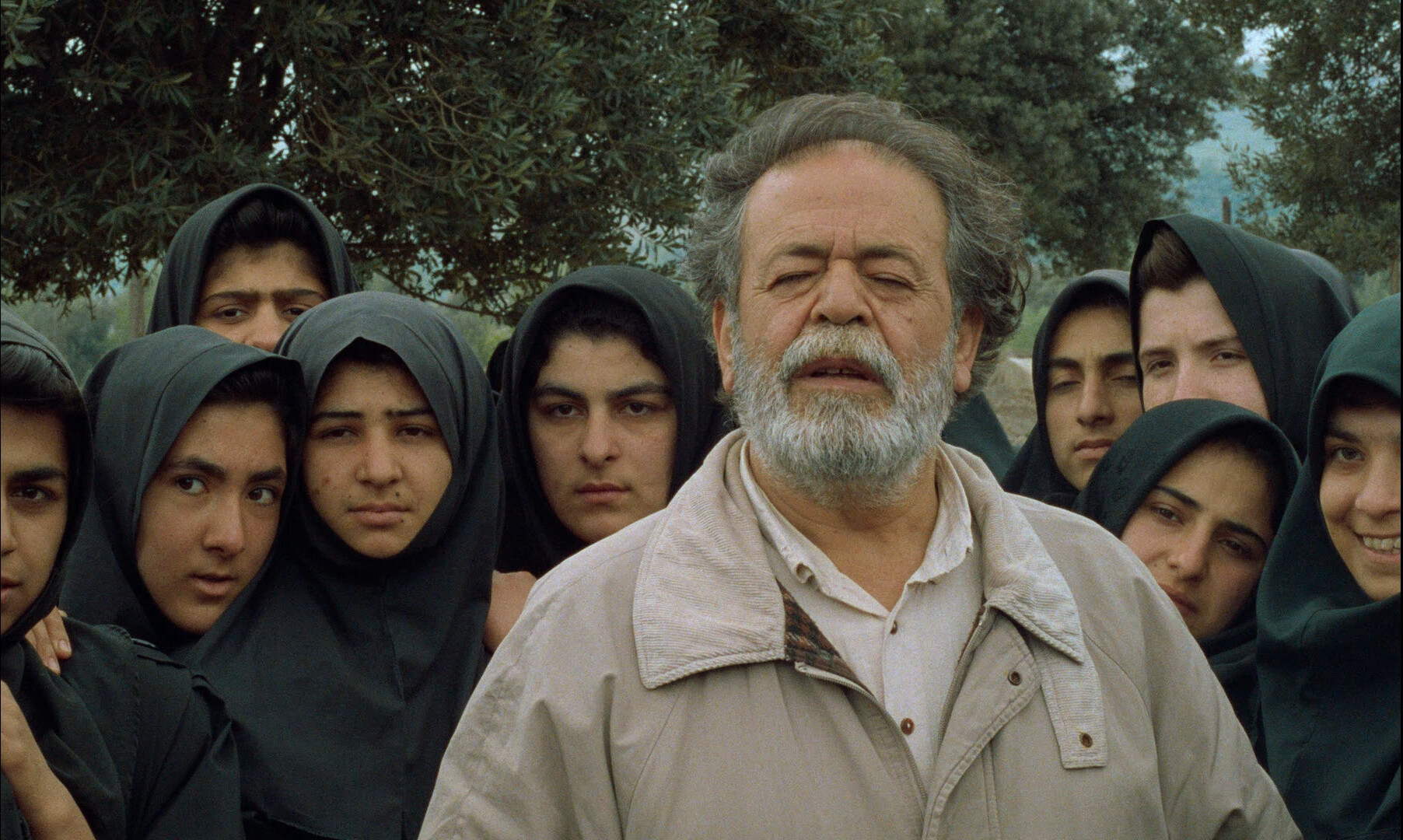
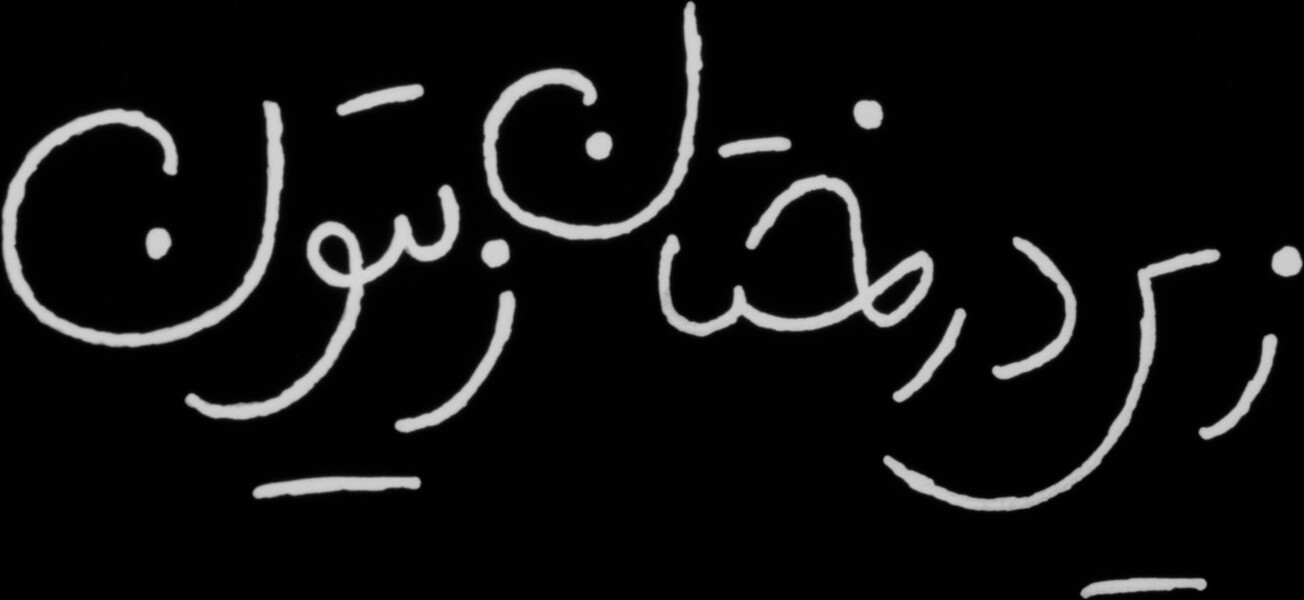
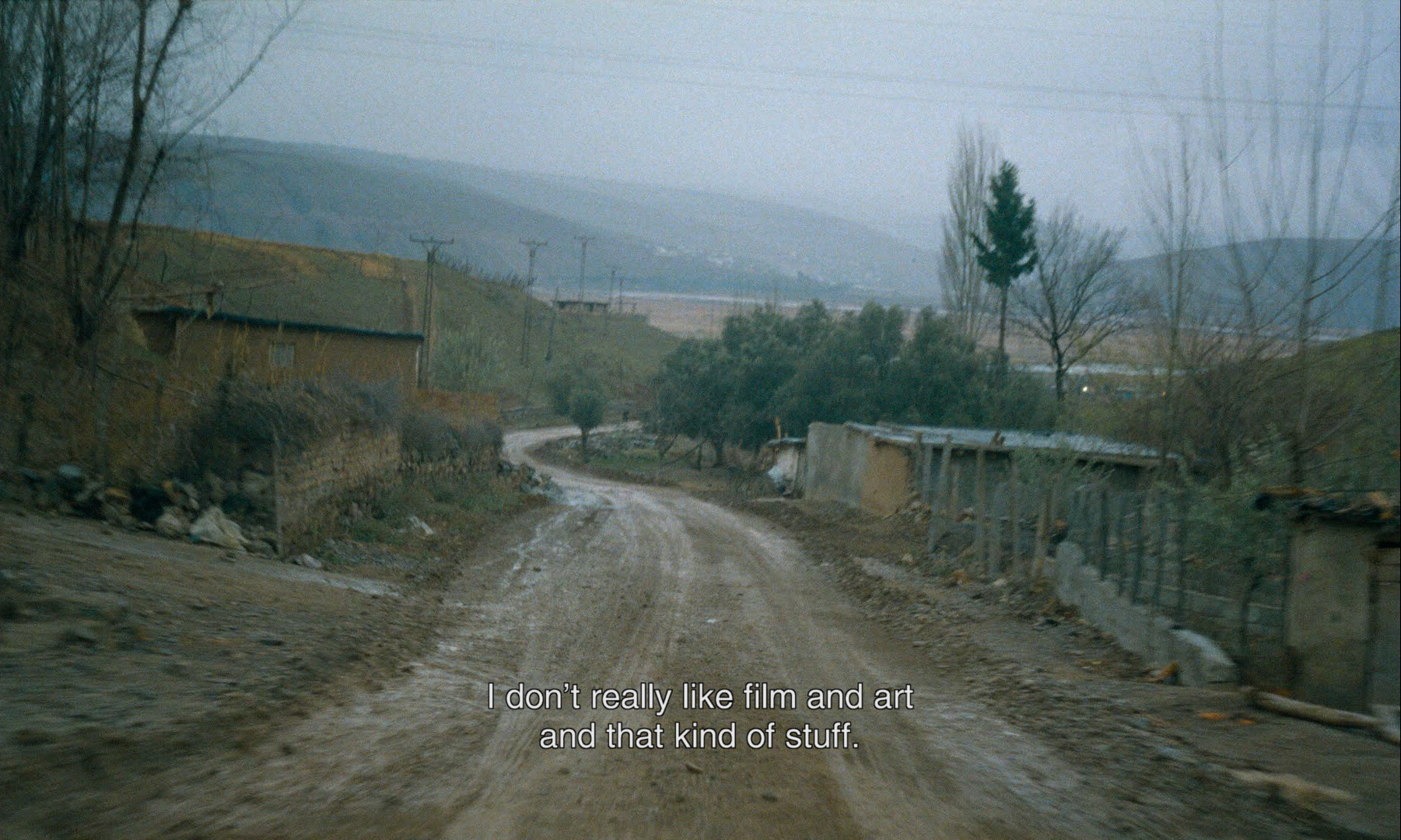
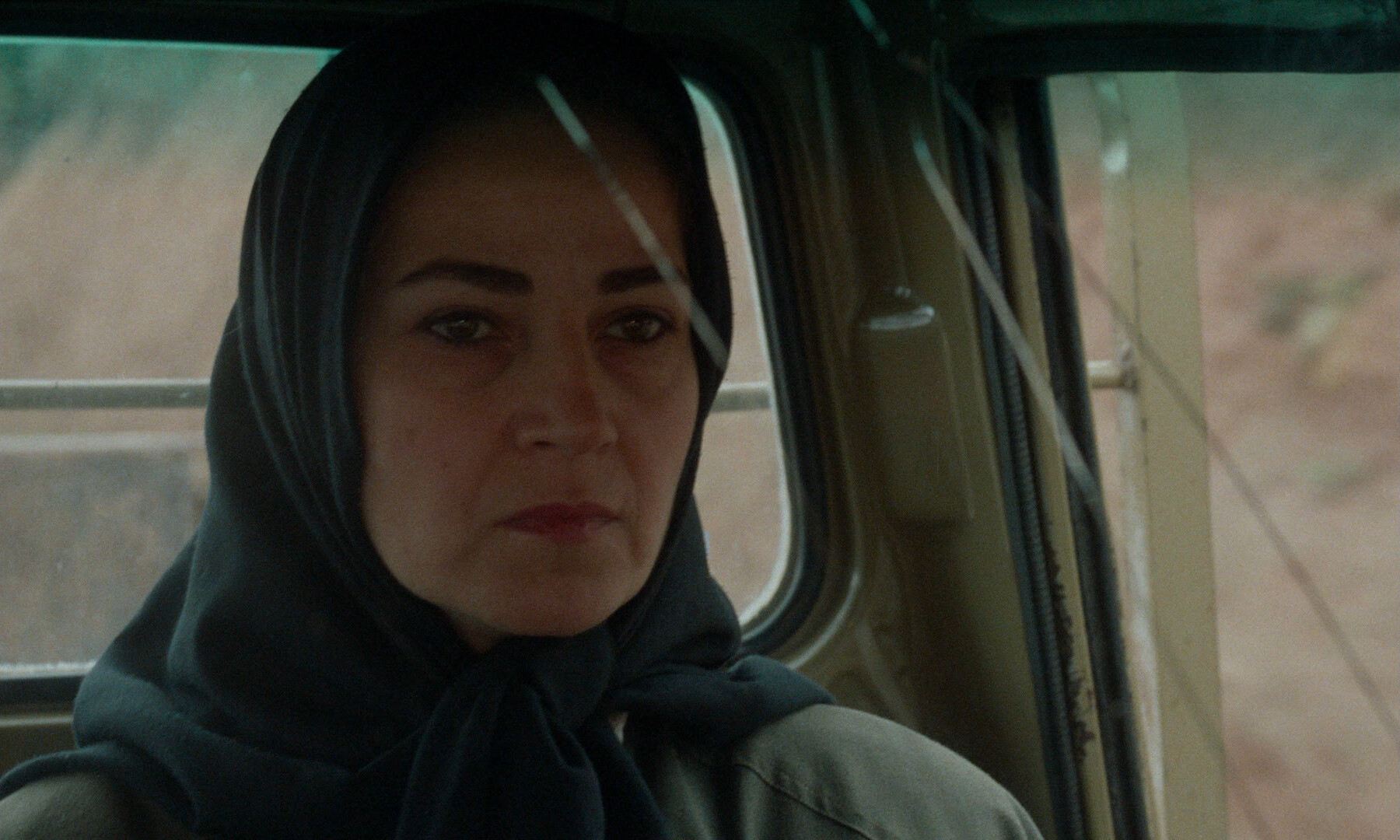
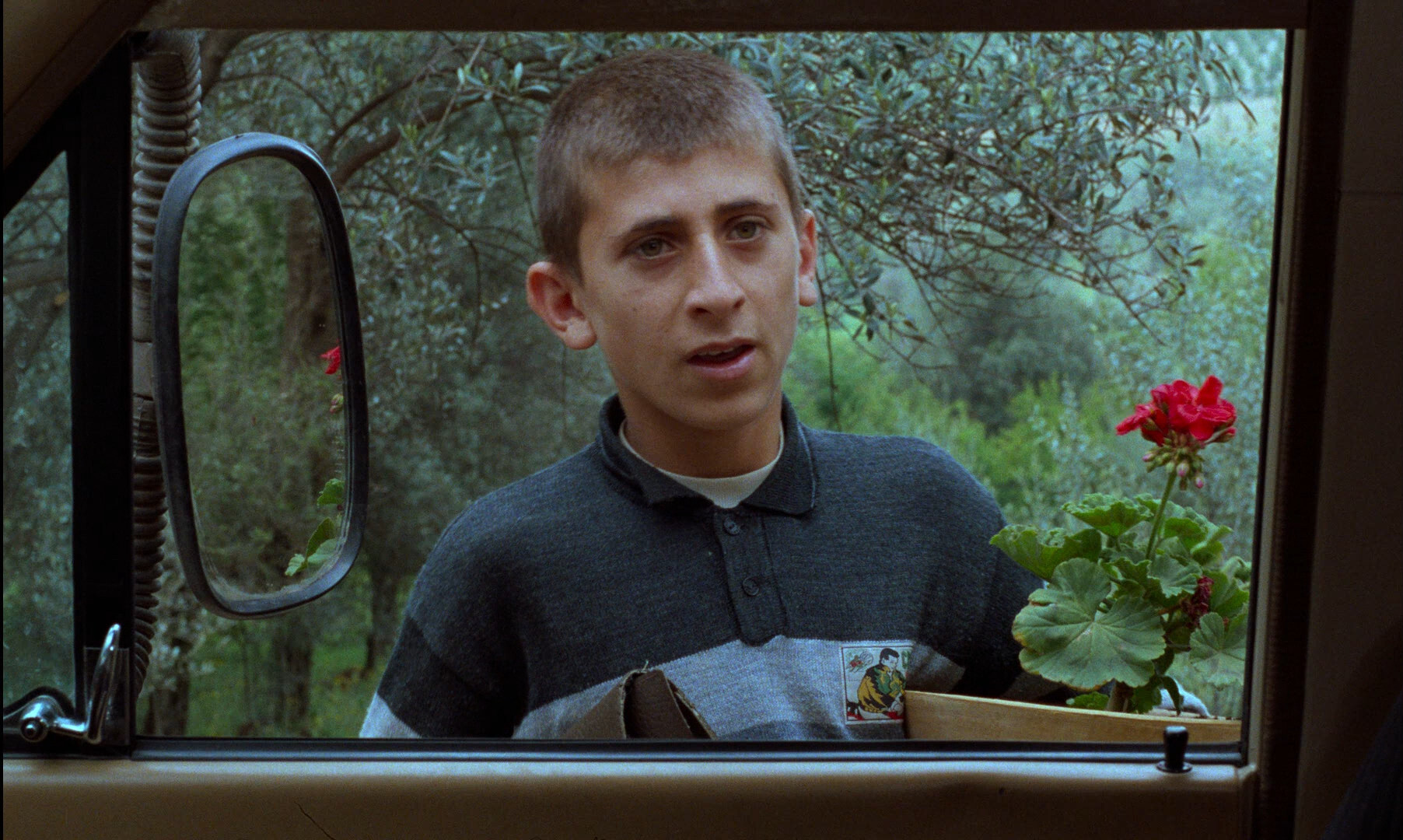
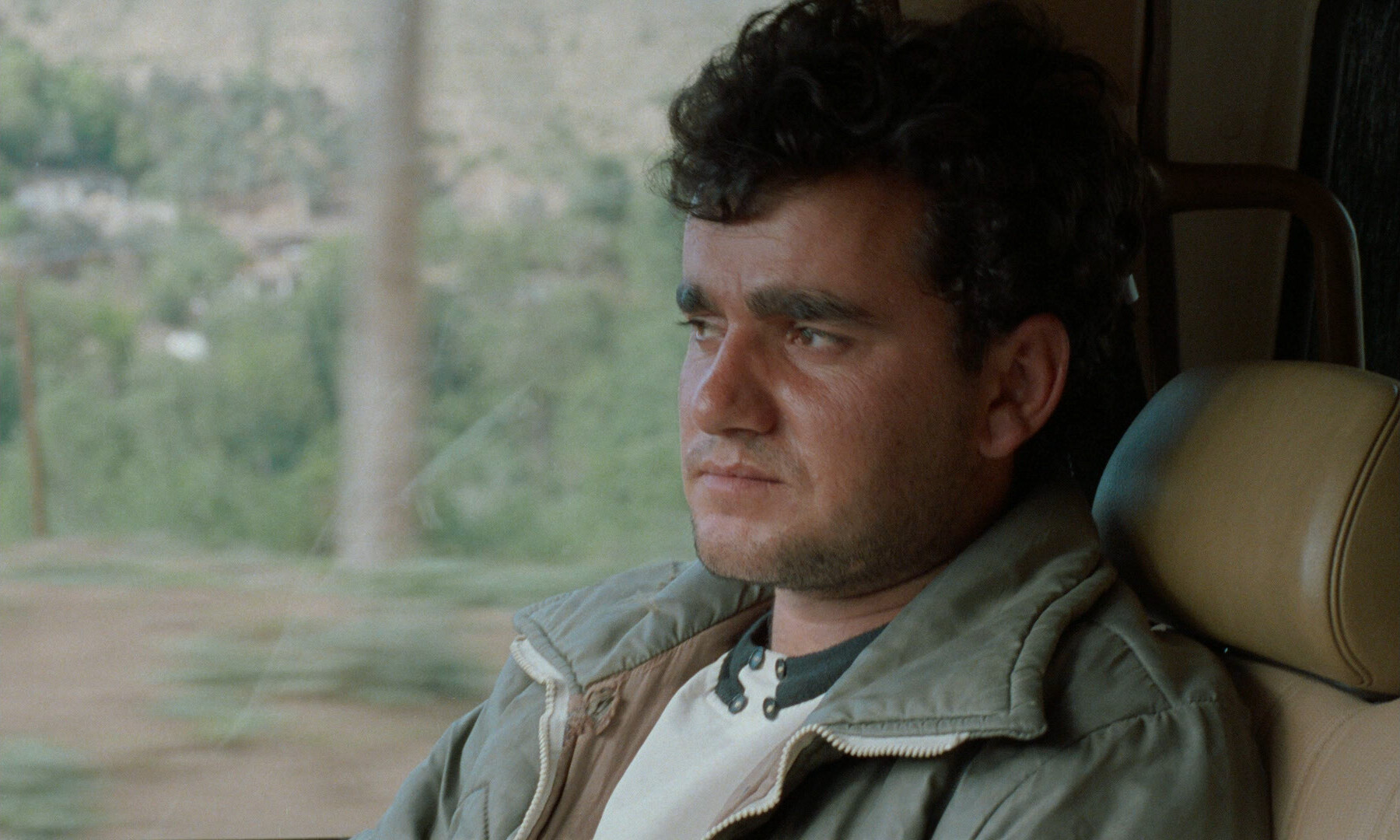
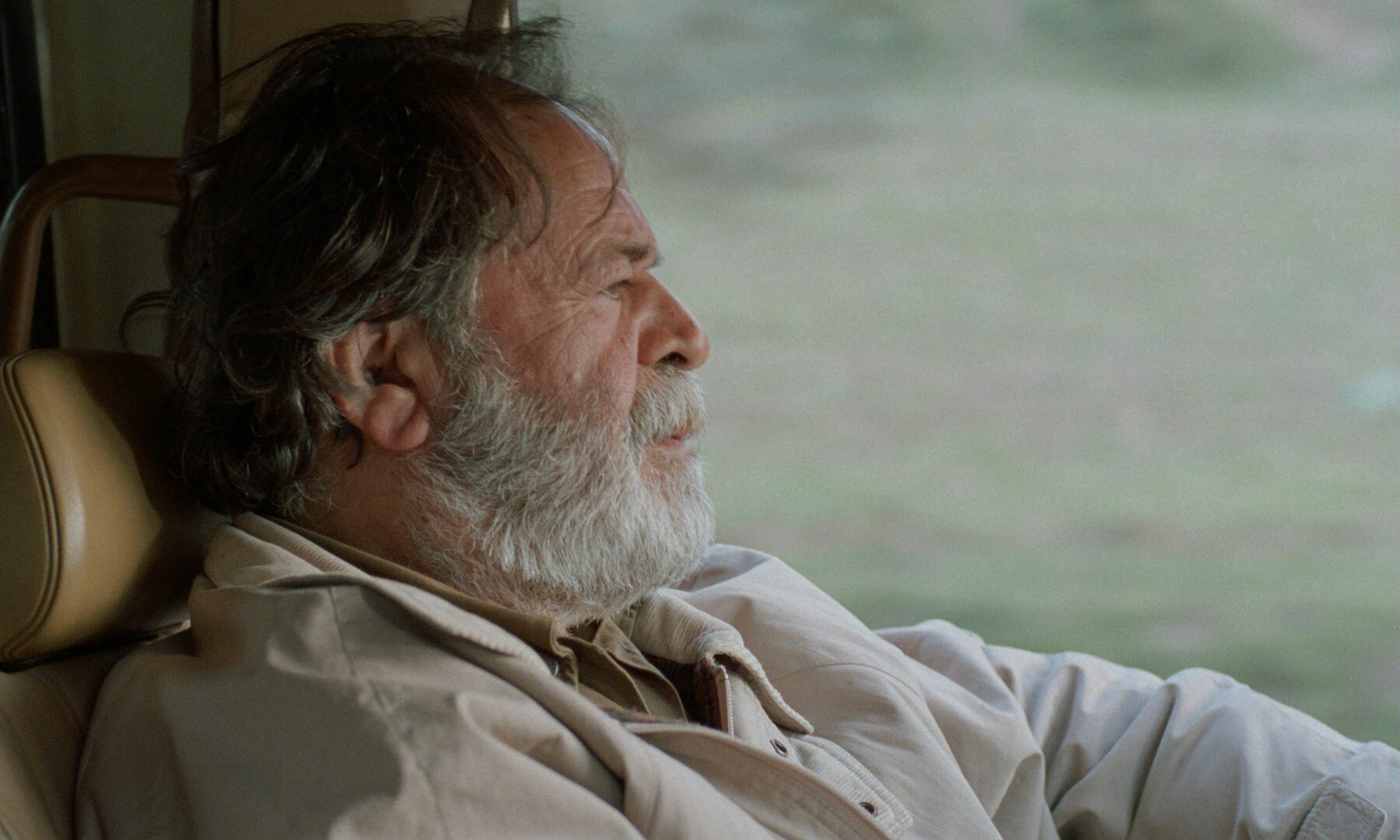
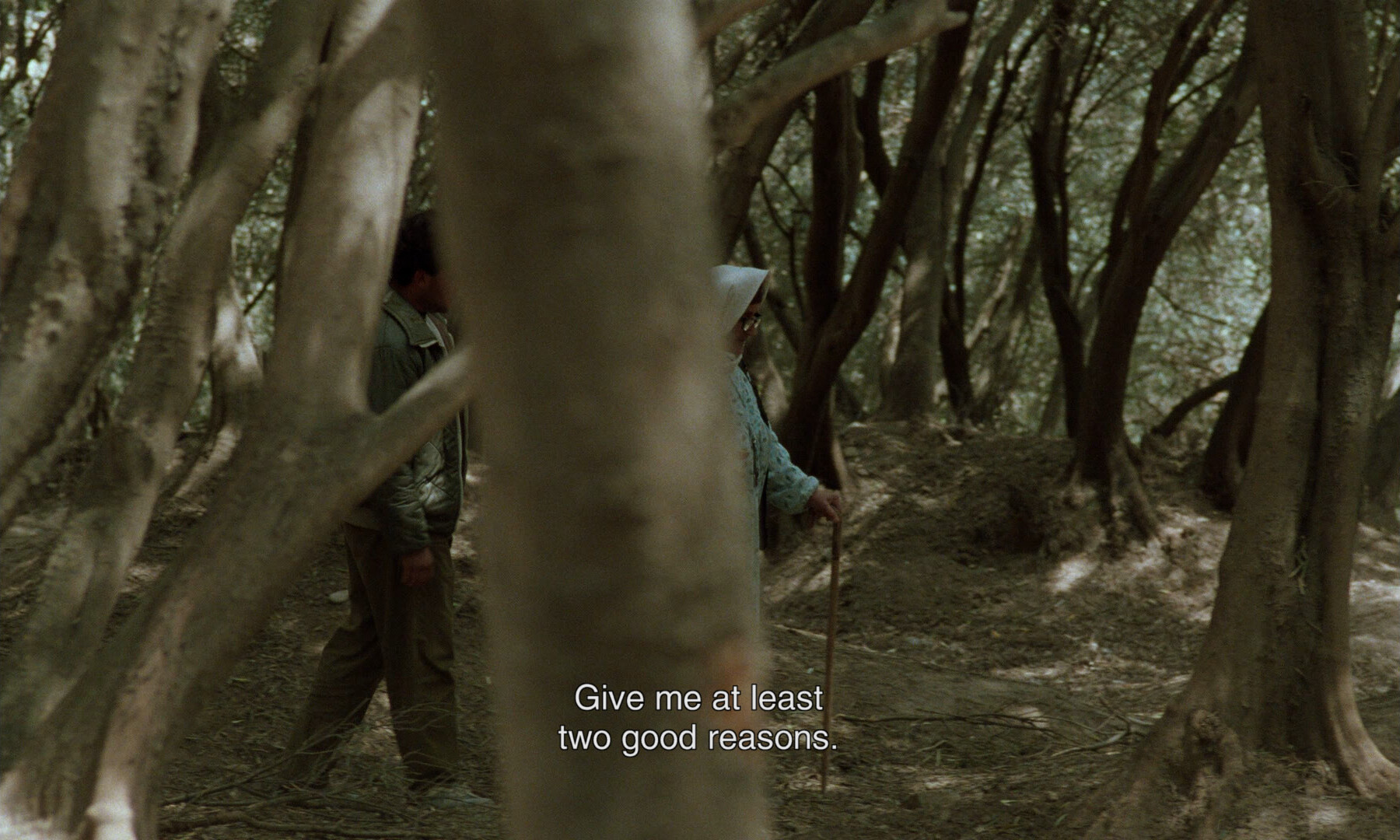
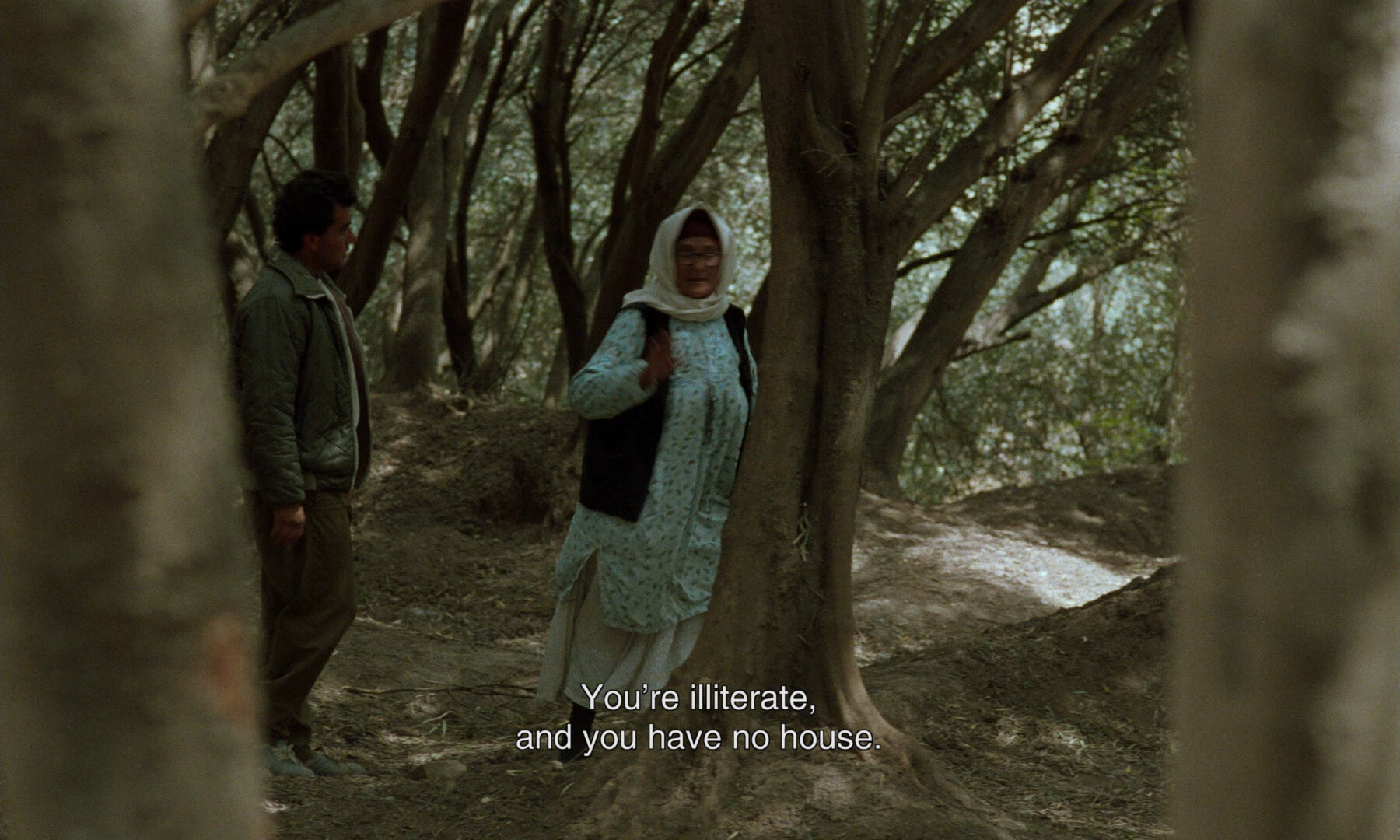
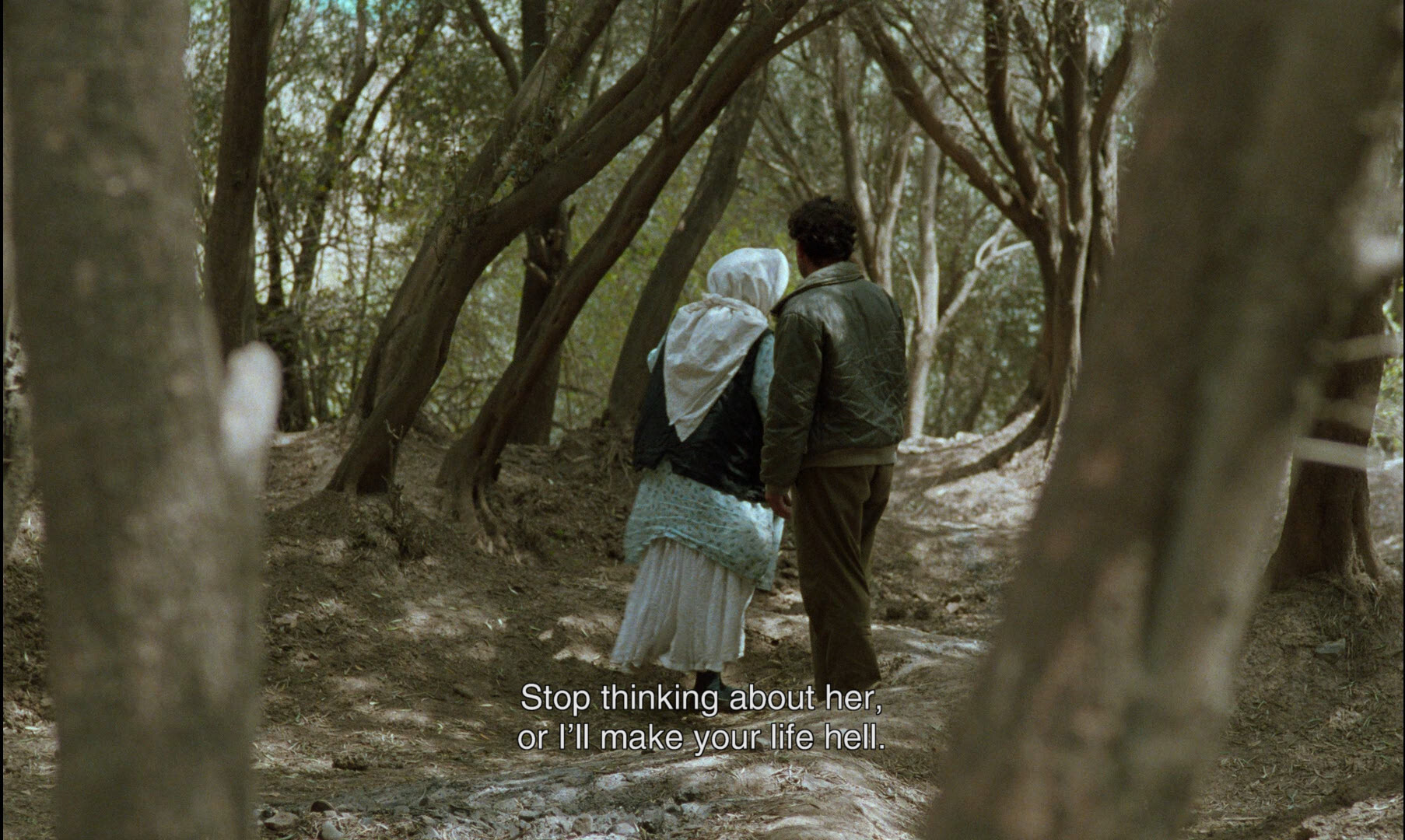
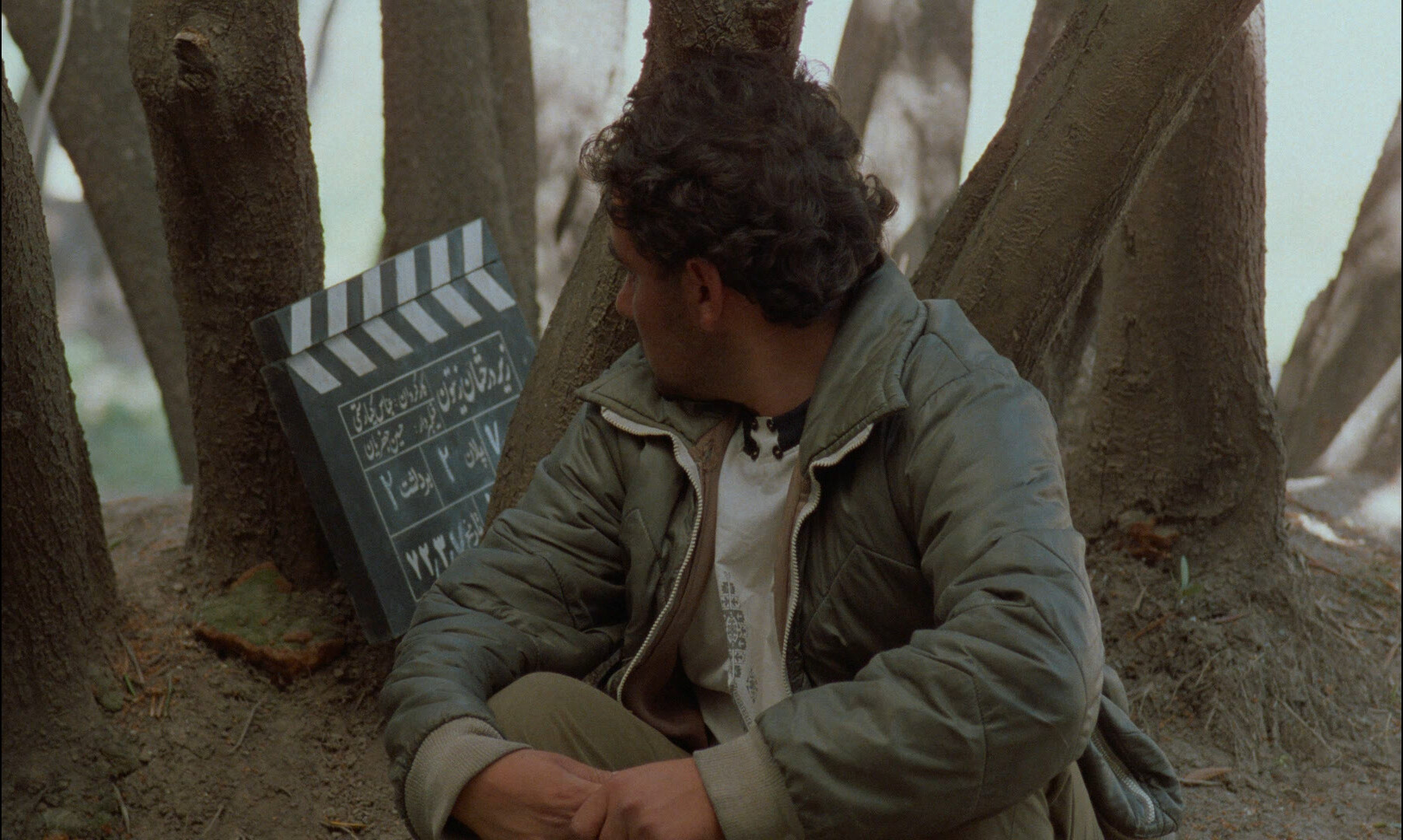
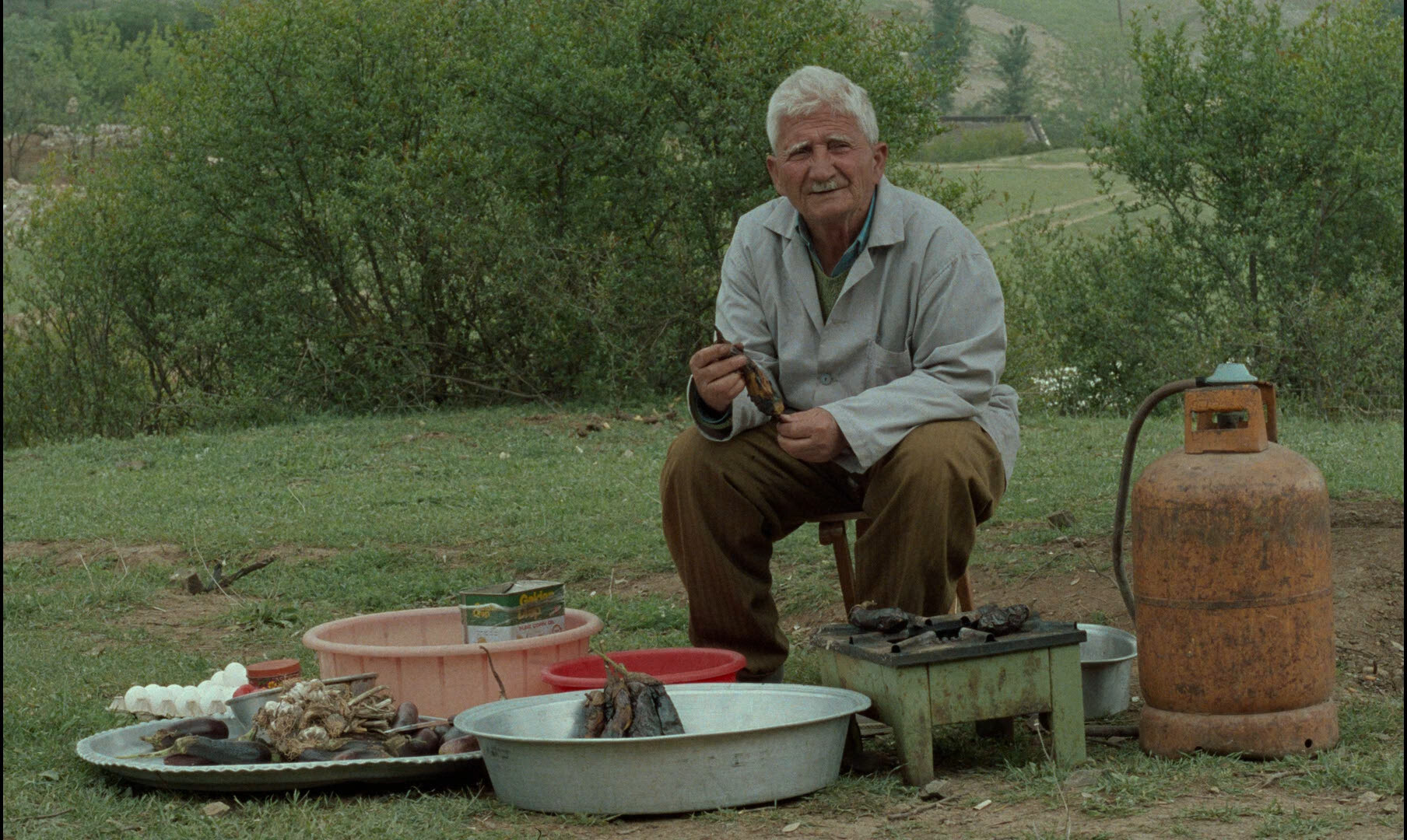
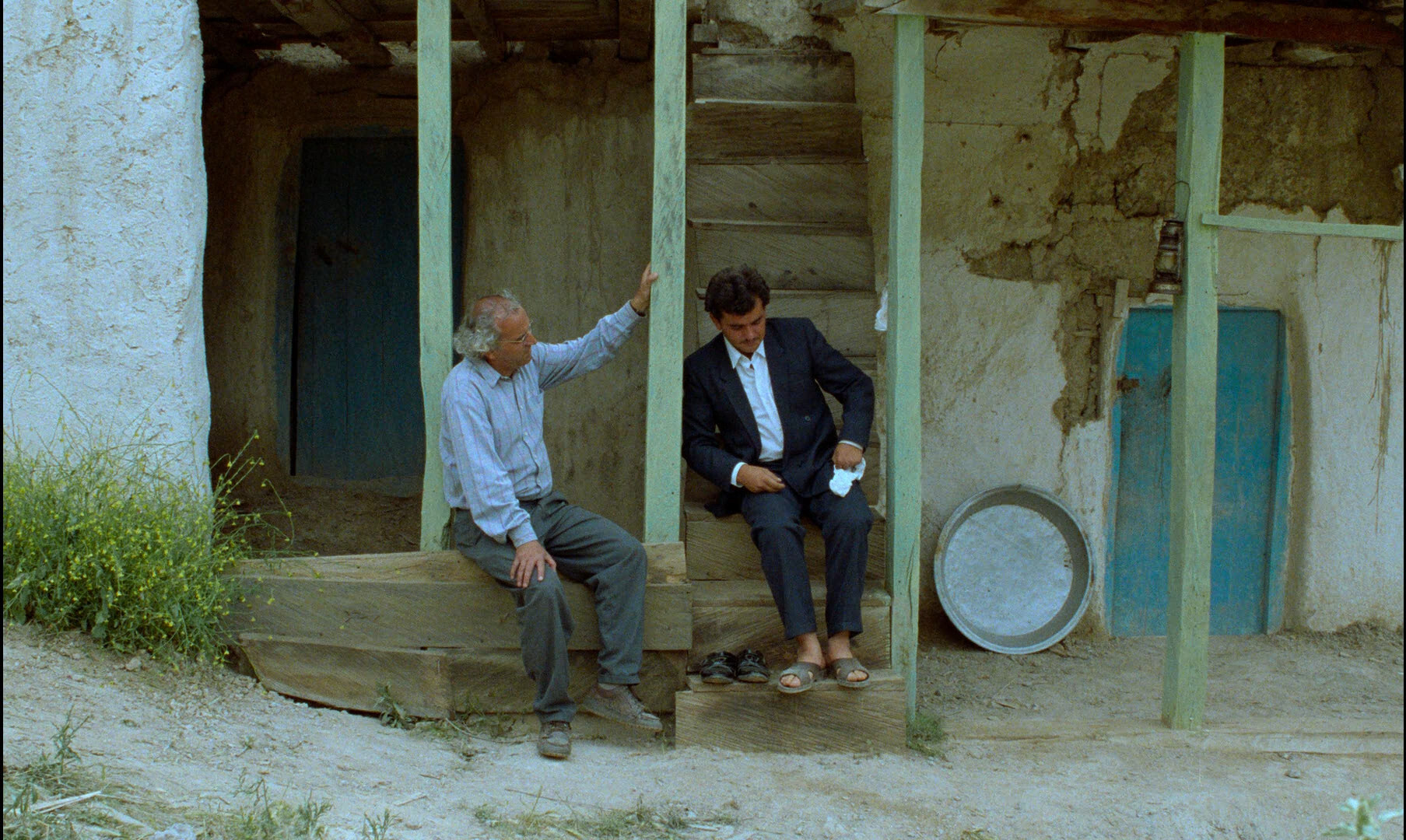
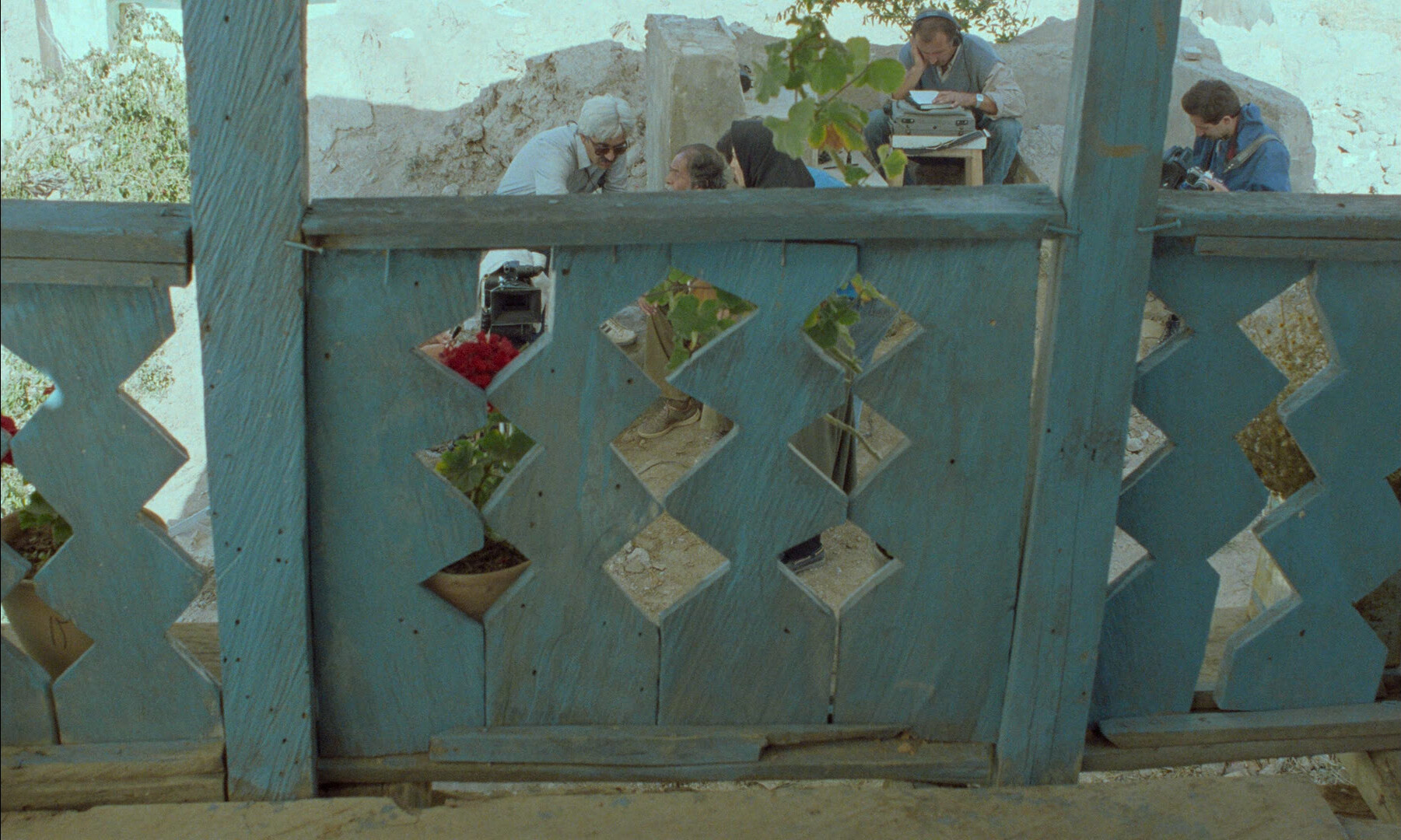
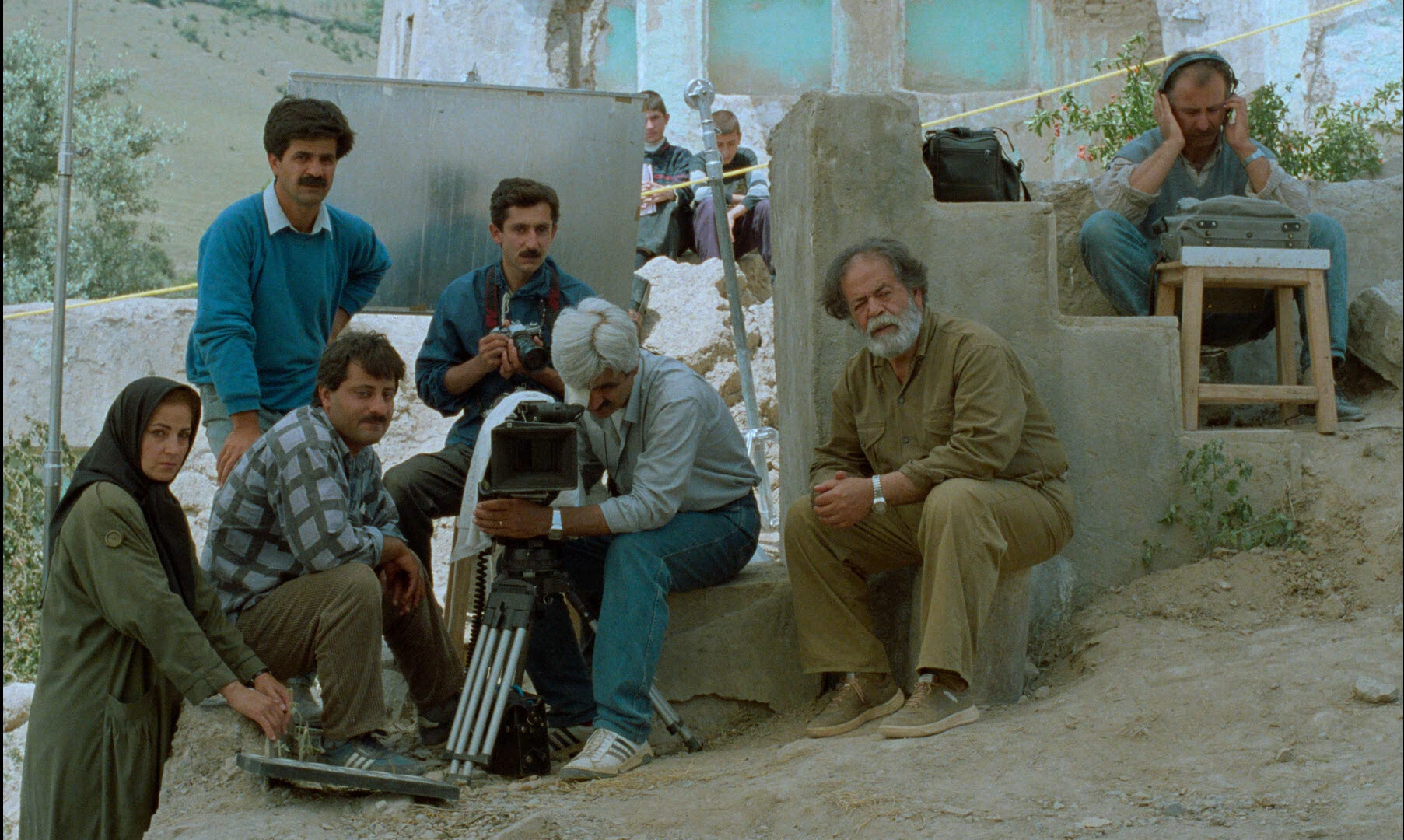
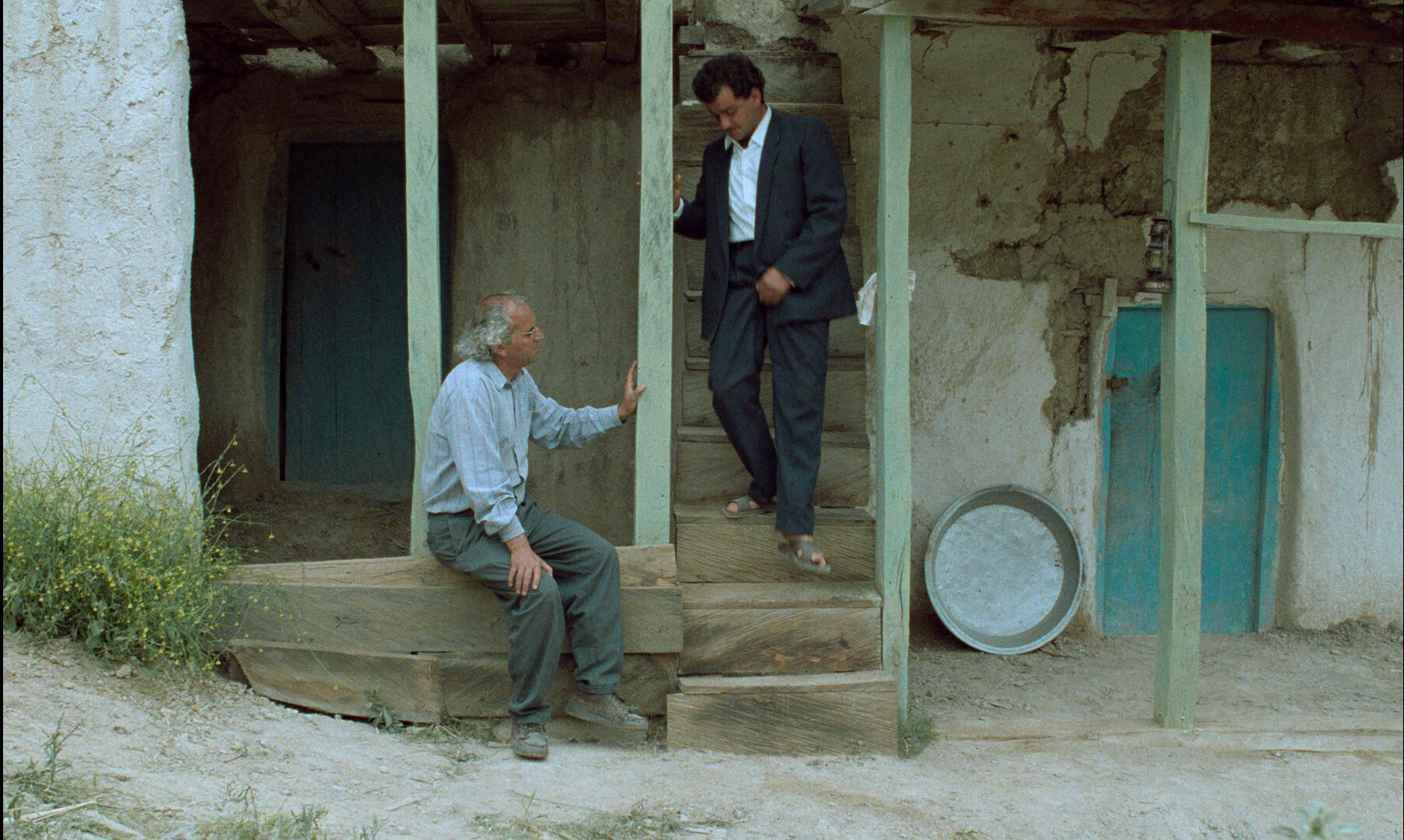
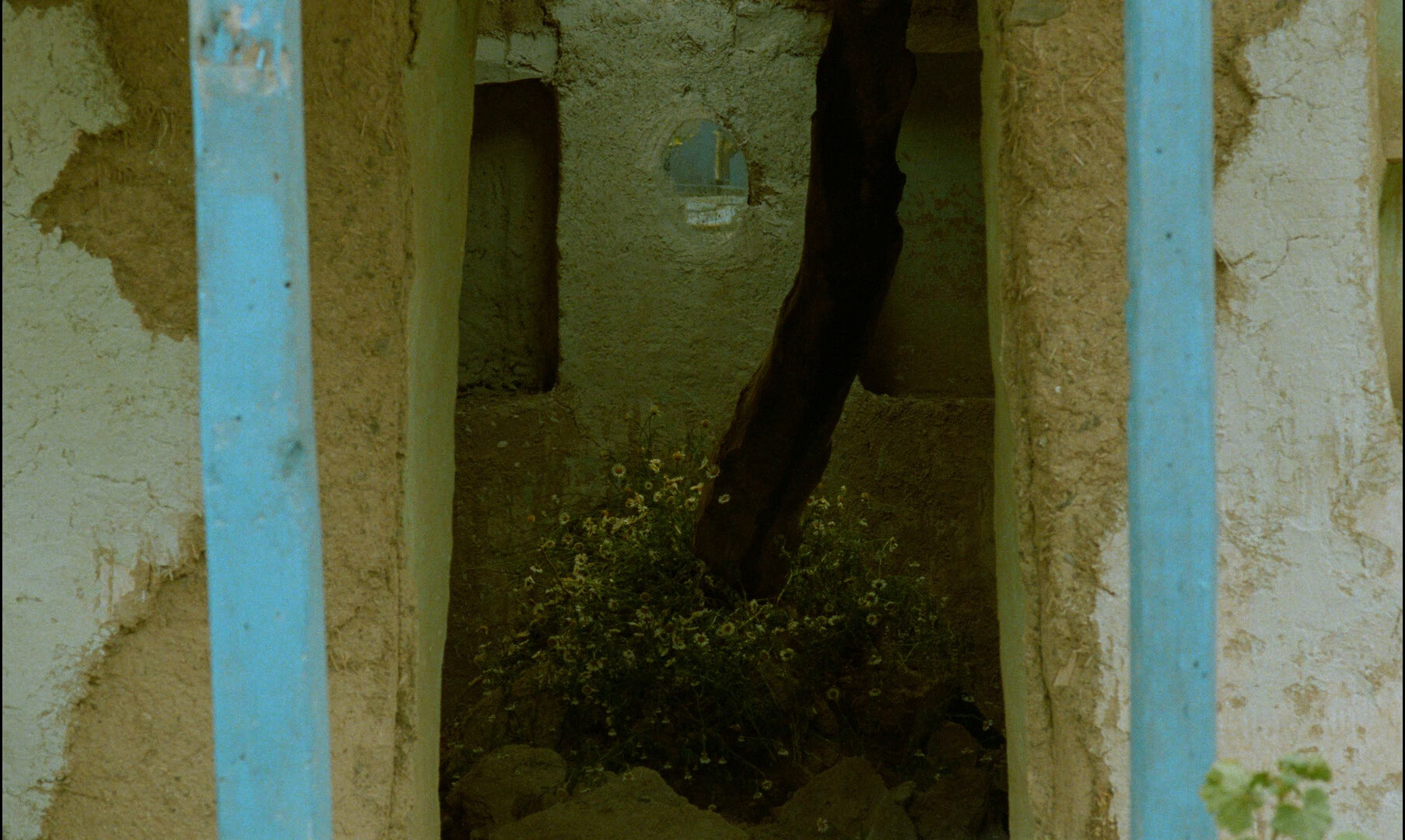
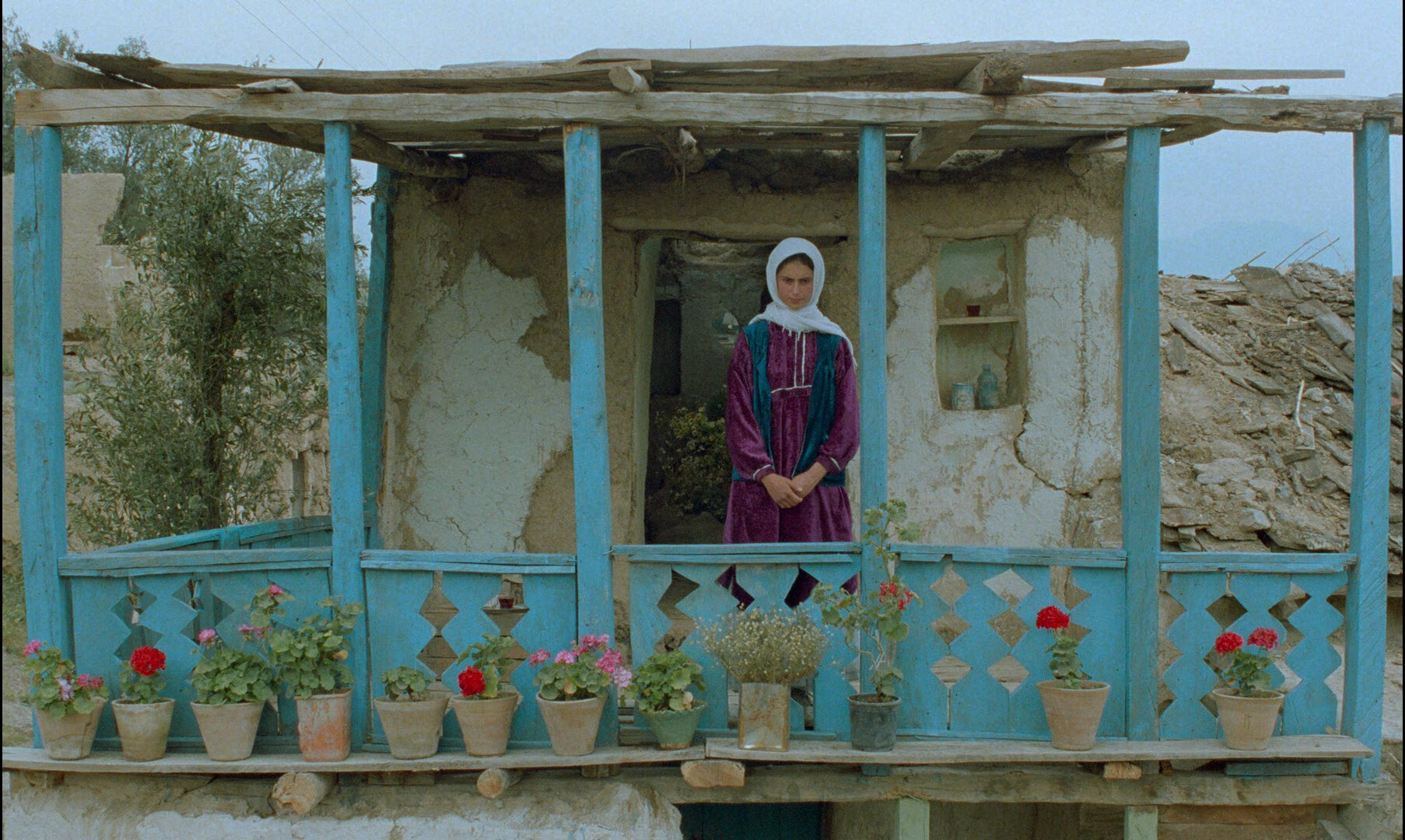
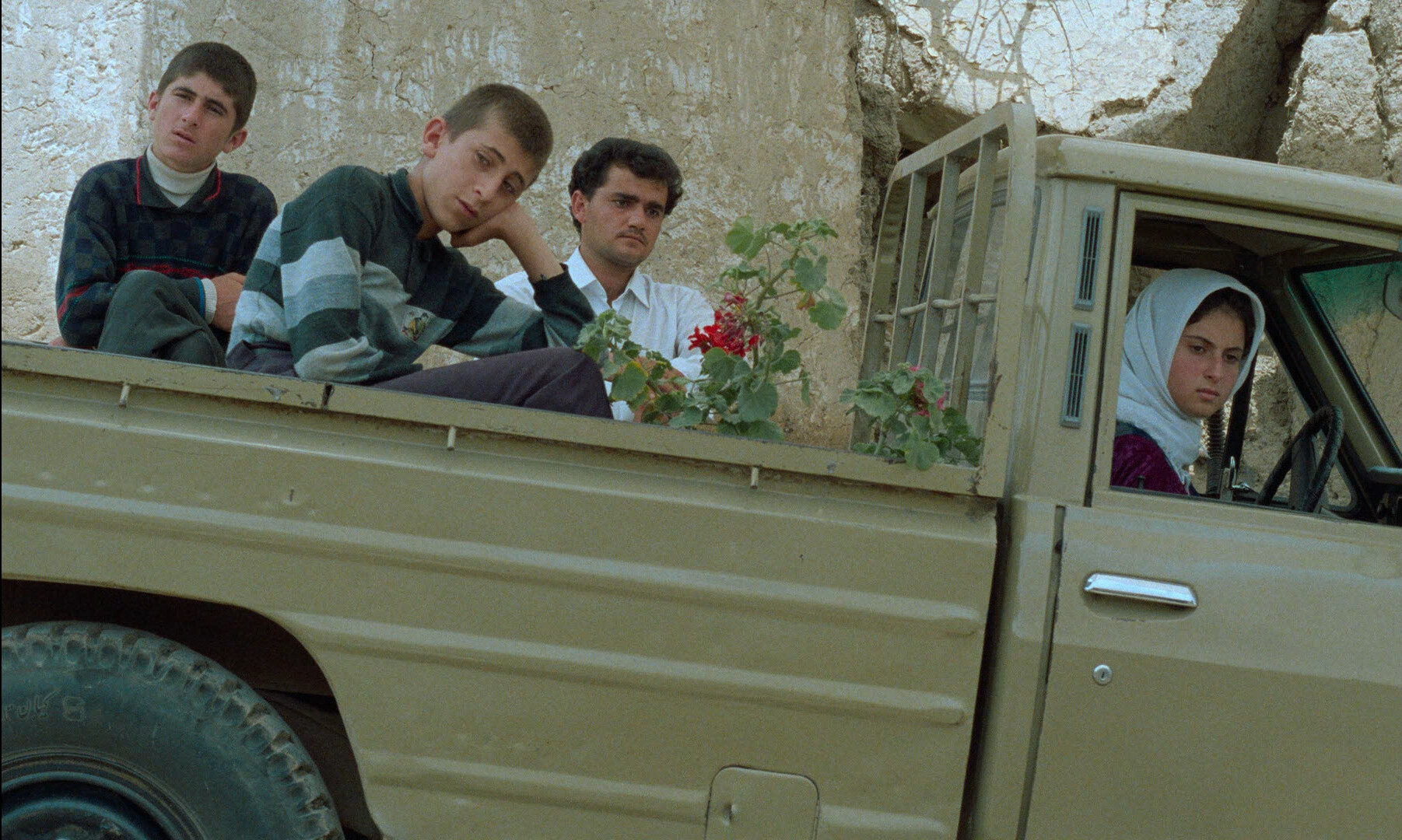
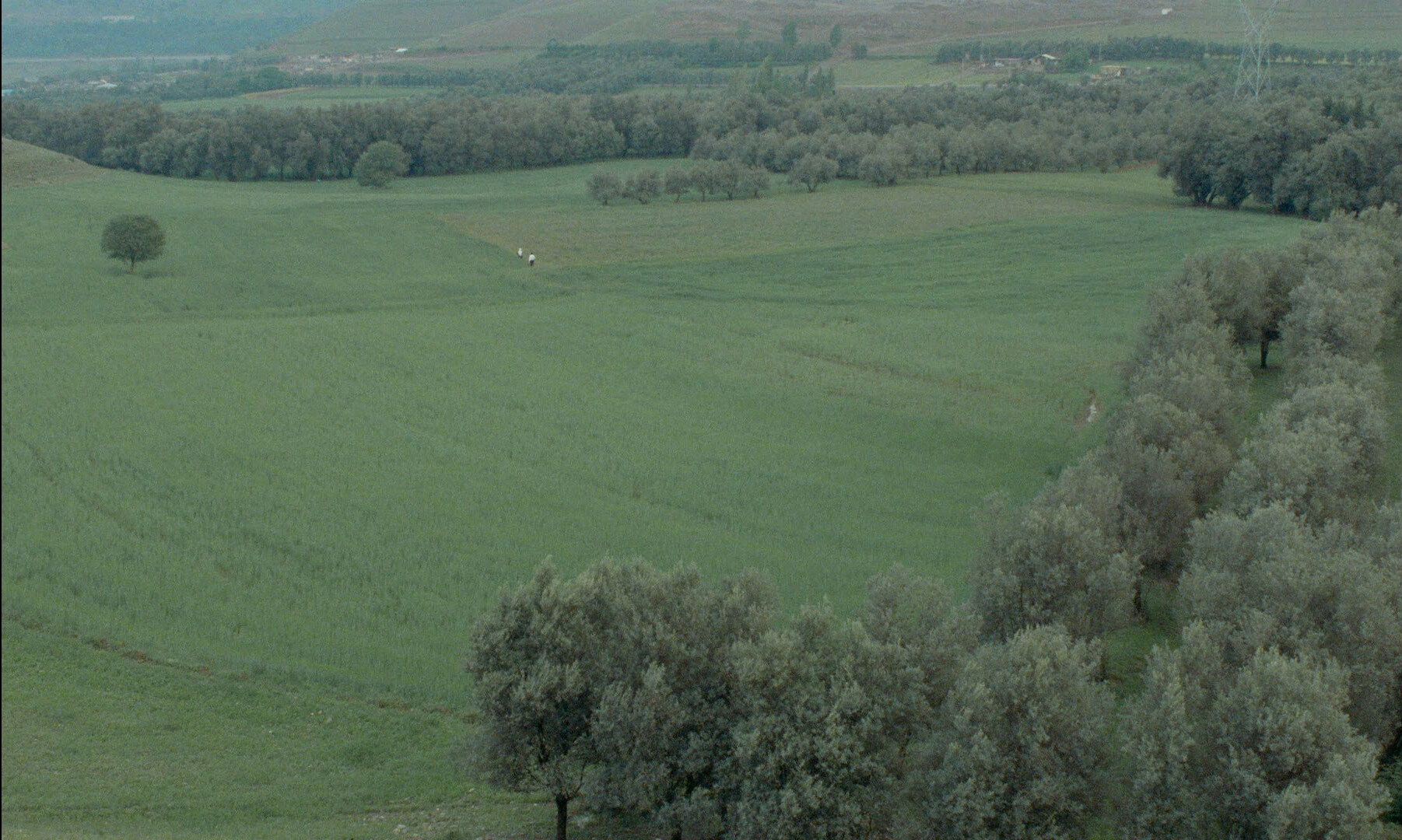
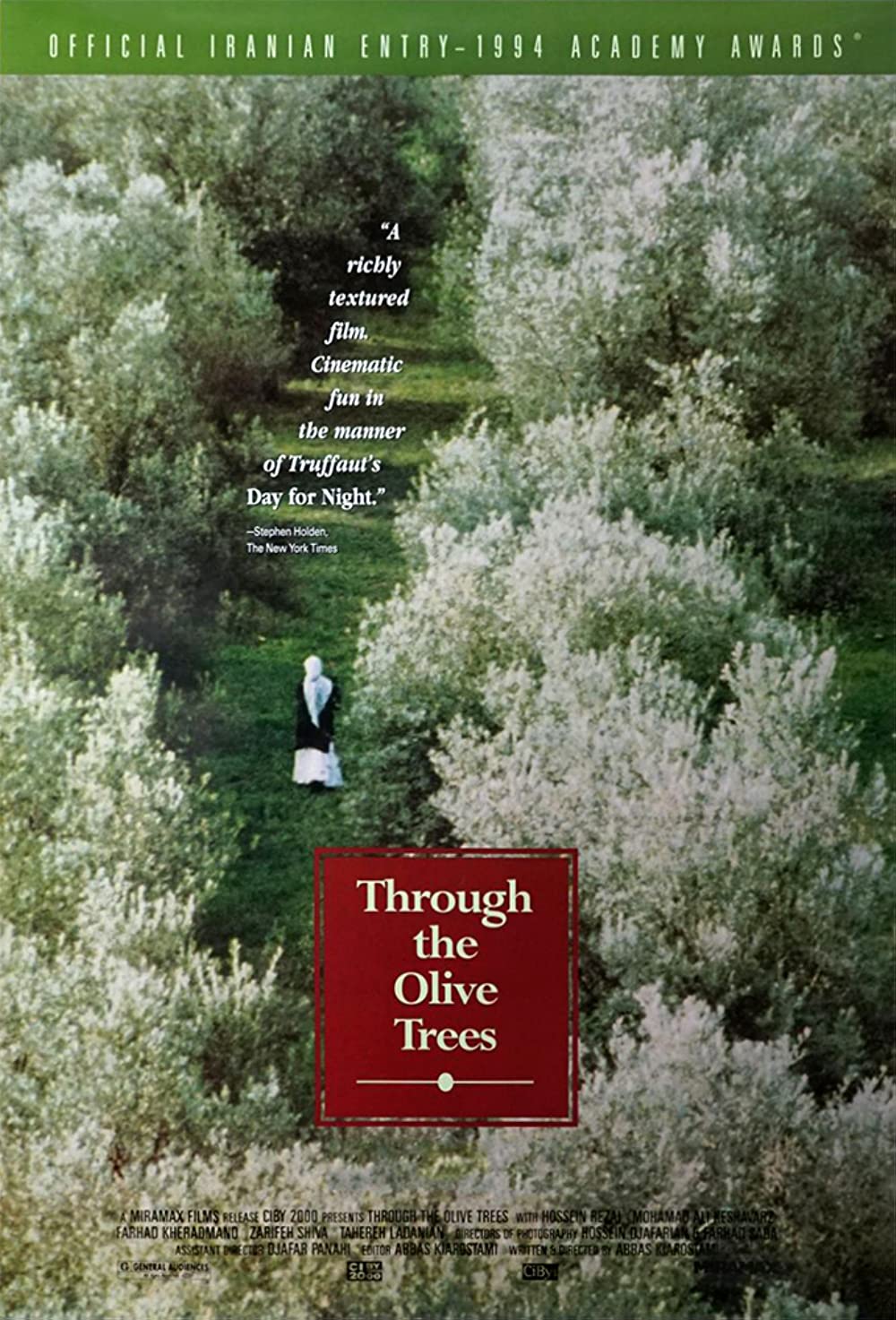
Leave a Reply